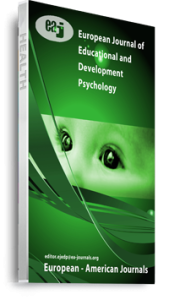This study focused on the effect of experiential learning approach on students’ performance in the Mathematical Creativity Dimensions. The topic Statistics I was taught to Form Two since it is one of the topics that is poorly performed according to KNEC reports on KCSE. Solomon Four Non Equivalent Control Group Design under the quasi-experimental research was used. A random sample of four co-educational subcounty secondary schools was drawn from schools in Kericho East Sub-County, Kenya. Each school provided one Form Two class. This translated to a total of 168 students. In the experimental groups Experiential Learning Approach (ELA) was used while Conventional Teaching Methods (CTM) was used in the control groups. One experimental and one control group was pre tested. At the end of the treatment all the four groups were post tested using Mathematical Creativity Test (MCT). The results indicated that the students in the experimental groups performed significantly higher than those in the control groups. The experimental groups performed higher in the four dimensions (Fluency, Flexibility, Originality and Elaboration) than the control group. The findings showed that experiential learning approach is effective in developing mathematical creativity skills among learners. This information can be used by teachers and curriculum developers in planning for instruction and designing mathematics curriculum.
Keywords: Flexibility, Fluency, creativity dimensions, mathematical creativity, originality elaboration and experiential.

